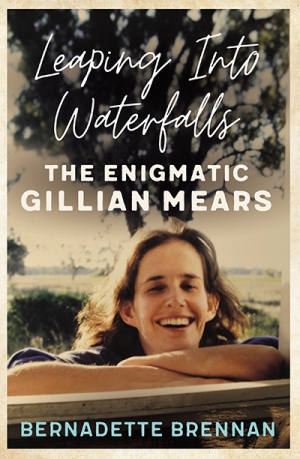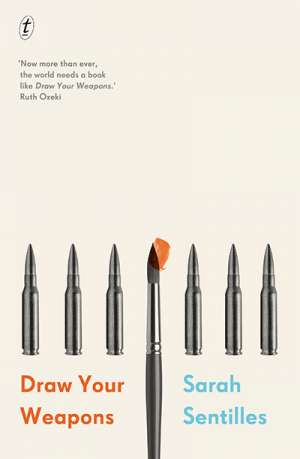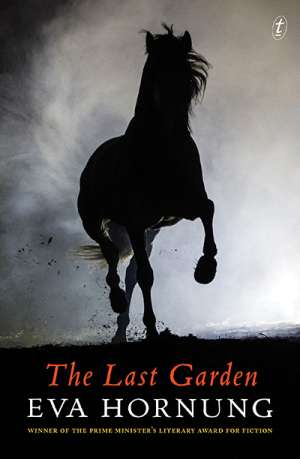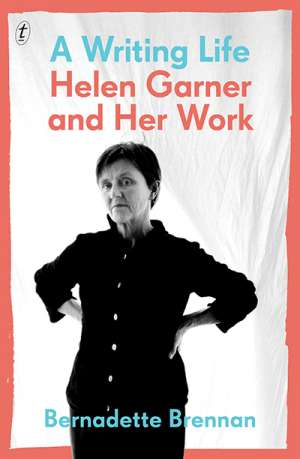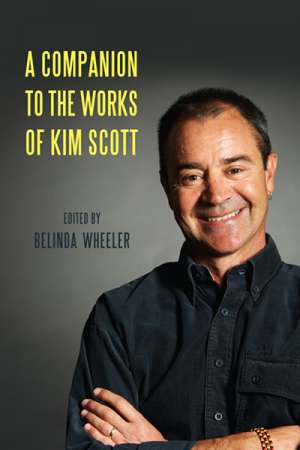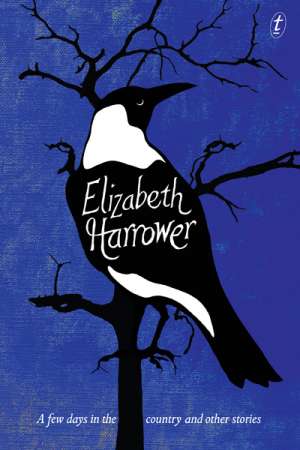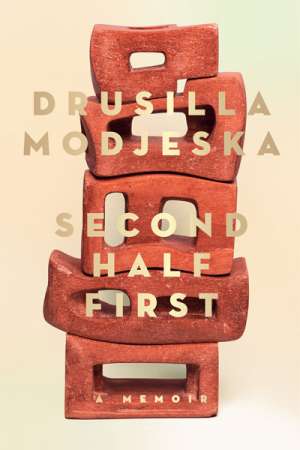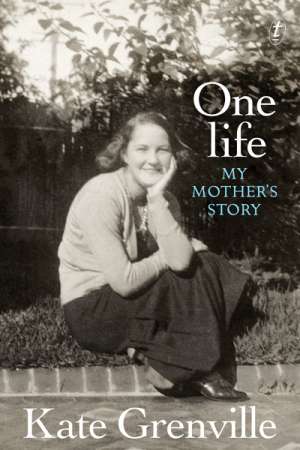Bernadette Brennan
Brenda Walker reviews 'Leaping into Waterfalls: The enigmatic Gillian Mears' by Bernadette Brennan
In 2011, Bernadette Brennan convened a symposium on ‘Narrative and Healing’ at the University of Sydney, an opportunity for specialists in medicine and bereavement to meet writers with comparable interests. Helen Garner, for example, spoke about Joe Cinque’s Consolation. The day included an audiovisual piece about death as a kind of homecoming, with reference to the prodigal son, and exquisite photographs, including a picture of an elderly Irishman wheeling a bicycle with a coffin balanced on the seat and handlebars: austere and moving, a vision of austere and careful final transportation. Since 2011, Bernadette Brennan has written two literary biographies: A Writing Life: Helen Garner and her work (2017); and the wonderfully titled Leaping into Waterfalls: The enigmatic Gillian Mears. As with the Symposium, each biography is a genuine enquiry, a gathering of unexpected elements, and an invitation to later conversation. Brennan writes of Leaping into Waterfalls as an extension of a conversation she had with Mears in 2012. The Mears biography is certain to be a talking point for years to come.
... (read more)To celebrate the best books of 2017 Australian Book Review invited nearly forty contributors to nominate their favourite titles. Contributors include Michelle de Kretser, Susan Wyndham, James Ley, Geordie Williamson, Jane Sullivan, Tom Griffiths, Mark Edele, and Brenda Niall.
... (read more)Bernadette Brennan reviews 'Draw Your Weapons' by Sarah Sentilles
Sarah Sentilles’s Draw Your Weapons is one of the most erudite, original, and thought-provoking books I have ever read. A philosophical and moral meditation on pain, torture, and the violence of war – part memoir, part history, even a kind of secular prayer – this book asks us to look at terrible human darkness while also celebrating the ways in which love, connectedness, and the making of art nourish and redeem the human spirit.
... (read more)The epigraph to the first chapter of Eva Hornung’s The Last Garden speaks of Nebelung, a time of great prosperity, joy, and hope for new life. Over the page, Hornung shatters any sense of well-being with an extraordinary opening sentence: ‘On a mild Nebelung’s afternoon, Matthias Orion, having lived as an exclamation mark in the Wahrheit settlement an ...
Jan McGuinness reviews 'A Writing Life: Helen Garner and her work' by Bernadette Brennan
Who is the I in Helen Garner’s work? This is the question Bernadette Brennan probes by canvassing more than forty years of Garner’s writing and her seventy-four-year existence ...
... (read more)Bernadette Brennan reviews 'A Companion to the Works of Kim Scott' edited by Belinda Wheeler
In 2004 Kim Scott delivered the prestigious Herbert Blaiklock Memorial Lecture to a predominantly academic audience at the University of Sydney. Provocatively, he began ...
... (read more)Bernadette Brennan reviews 'A Few Days in the Country and Other Stories' by Elizabeth Harrower
It is gratifying to witness the renewal of interest in Elizabeth Harrower's fiction. Last year, ...
... (read more)Bernadette Brennan reviews 'Second Half First' by Drusilla Modjeska
Twenty-five years ago, Drusilla Modjeska's Poppy reimagined boldly the possibilities for Australian memoir. Modjeska recounts in her new memoir, Second Half First, how in her inaugural appearance at a writers' festival she was on a panel discussing autobiography with two established British writers, Victoria Glendinning and Andrew Motion. Poppy ...
The missing novels: our critics nominate some overlooked classics
Kate Grenville’s mother, Nance Gee (née Russell), was an extraordinarily resourceful, resilient, and interesting woman. Born in 1912 to ill-matched, working-class parents and surviving a childhood lacking in stability and opportunity, she went on to become an inspirational mother, businesswoman, and teacher. Some years after her death in 2002, Grenville began sor ...

